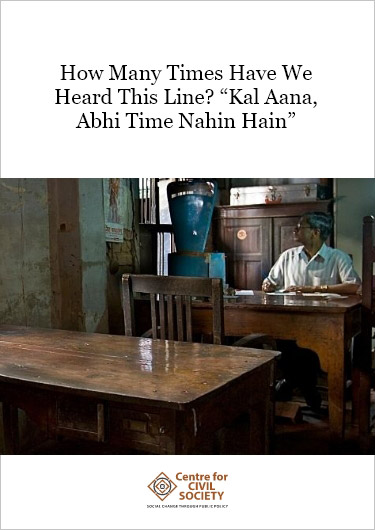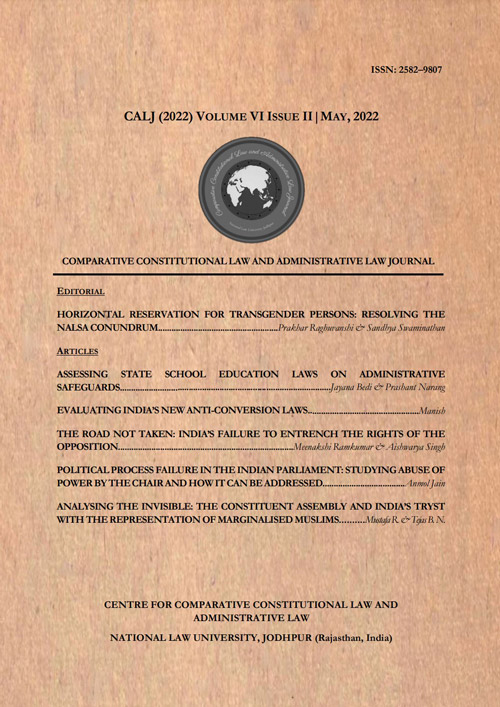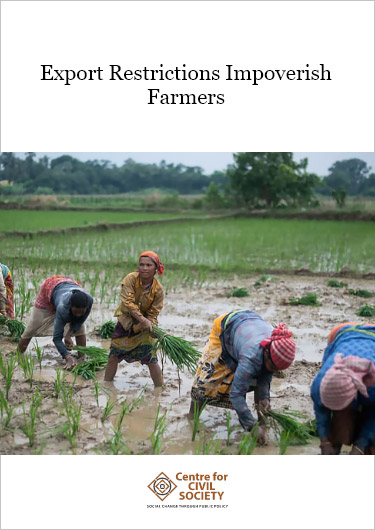Walking under a full summer sun, Rohan dragged his feet back from the Administration Department, University of Delhi. This was his fourth visit to get his “duplicate” degree and marksheet, over the last two months. “Duplicate” does not mean fake; it merely means an additional copy with “DUPLICATE” written on it. Does it mean he has not completed his degree requirements? No. The University, however, makes him run around for this duplicate degree more than he had to during his three years in law school.
From this window to that one. From the Faculty of Law Office to the University administration. He first runs for information, then for submission, and finally – no, wait, the process is not over yet – for follow ups, and then finally for collecting the document issued. This is how it works for a student dealing with a government University administration.
His first visit was akin to field research. He studied the stakeholders, realising that peons, security staff, and attendants were often most helpful. He ‘interviewed’ them on the process involved and documents to be submitted. Finally, going to the document submission window – “Did you not know that government lunch time usually starts 30 minutes before and ends 30 minutes later?” he was told when he reached on time.
Rising above the chagrin, Rohan realised that he should be ready for a spiritual experience. Getting this simple document needs immense patience. There are bound to be several “kal aana, abhi time nahin hain” (come tomorrow, we do not have time) moments. It might help to chant, “Hum honge kaamyaab ek din” (We shall overcome someday), he thought.
Many in India face the challenge of having to repeatedly visit government departments, submit numerous documents, wait endlessly, and try to make sense of lengthy legal language in the rules. | Image Source: PTI
Out of luck, with a fire in his house, Rohan had lost all the mark sheets and certificates. Now, not only did he need to reapply for all his documents from the government University again, but also approach the private university from where he did his master’s degree. Mentally exhausted by just thinking about having the door closed on him, with yet another “aaj nahi, pehle triplicate mein documents do” (not today, first submit documents in triplicate), he feared dealing with another set of bureaucrats at the private university.
However, he was pleasantly surprised when his experience at this university was completely different. He got his degree in less than 10 minutes. Perhaps, the incentives of those working at a private university are based on efficiency and timely delivery of services to a ‘customer’. Something he never felt with the government-run University.
This isn’t only Rohan’s story. Many in India face the challenge of having to repeatedly visit government departments, submit numerous documents, wait endlessly, and try to make sense of lengthy legal language in the rules. The list goes on. Yes, Delhi has a law to mandate deadlines for Babus. In fact, since 2010, 22 States (and UTs) have enacted such laws. But these laws are woefully inadequate.
One, these laws do not cover all government services. Most laws allow the government to pick and choose services to be provided within a deadline. It should be the other way around. All services should be covered by such a law, unless exempted with reasons and sound justification.
Two, only 13 out of 22 states emphasise digital service delivery. Given Indian talent in the IT field, those manual registers and files with layers of dust piled on top of the iron cupboards are ironic. Why can’t the sarkari departments offer a mobile application like a private provider?
Three, filing a complaint is not the best option. Many service guarantee laws in India offer that option. A citizen would be most hesitant to do that. Not because she would be scared, but it might mean more wastage of time. Instead, the law should create a system of carrot and stick that makes Babus work, without a citizen having to file a complaint. It is possible through a system of right incentives, constant review, and monitoring.
Four, 21 out of the 22 laws don’t have citizen charters. Our favourite State (yes, you guessed it right) Goa explicitly mandates a citizen’s charter. A citizen charter is supposed to clearly elaborate the processes, time-limits, and designated officials appointed for providing the services. This simplifies the legalese involved and makes the information easily accessible.
Five, a law must bar the sarkar from asking for resubmission of documents that a sarkari department already has. Why should one submit the LLB marksheet issued by the University again to the same University for admission to LLM? They should use their existing documents, rather than burdening the citizen with more processes.
It is for these reasons that a model law is required. It should guarantee timely public services, establish mechanisms to rationalise and reduce documents needed, and should prevent Babus from raising piecemeal objections.
Availing a sarkari service should be as easy as ordering food through Zomato or Swiggy.



